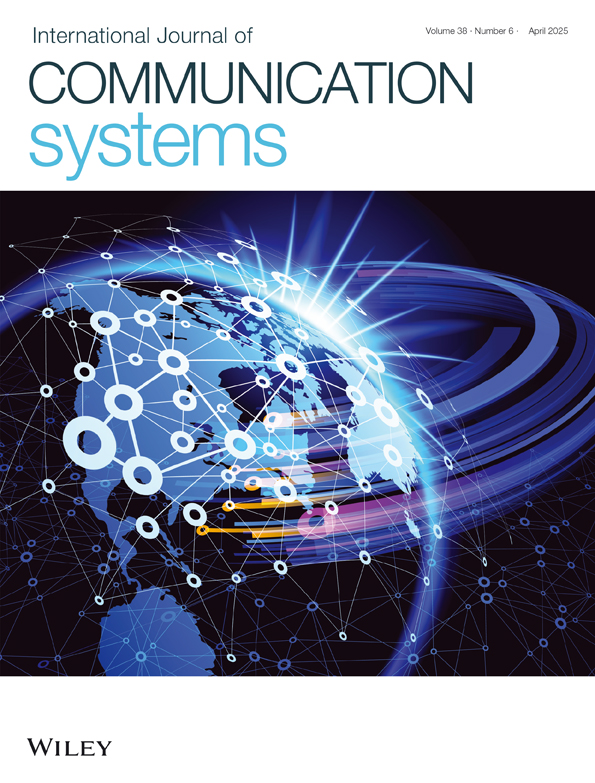Flamingo Lyrebird Optimization-Based Holistic Approach for Improving RFID-WSN Integrated Network Lifetime
ABSTRACT
Wireless sensor networks (WSNs) are considered a key foundation for high-level Internet of Things (IoT) practices. Moreover, WSNs depend on transmission for data transfer among sink modules and sensor nodes or intermediate points in the system. However, in WSN, there are several interruptions during the transmission of data. Further, storage space, network bandwidth, and processing power are limited, and hence, it is significant to enhance data distribution to improve network performance. Therefore, this paper devised a new approach known as the Flamingo Lyrebird Optimization Algorithm (FLOA) to improve radio frequency identification (RFID)-WSN integrated network lifetime. Firstly, the network topology of WSN-RFID is simulated, and then cluster head (CH) selection is performed by FLOA in terms of multiobjective fitness, namely, energy, network lifetime, and inter- and intracluster distance. Here, FLOA is formed by integrating Flamingo Search Optimization (FSA) and Lyrebird Optimization Algorithm (LOA). After this, the energy-efficient multipath routing is performed by utilizing FLOA, where link life time (LLT) and energy are predicted using a gated recurrent unit (GRU). Furthermore, FLOA attained the maximum performance with network lifetime and energy of 820.11, 0.923 J, and minimum delay of 0.211 s.
Open Research
Data Availability Statement
No new data were generated or analysed in support of this research.




